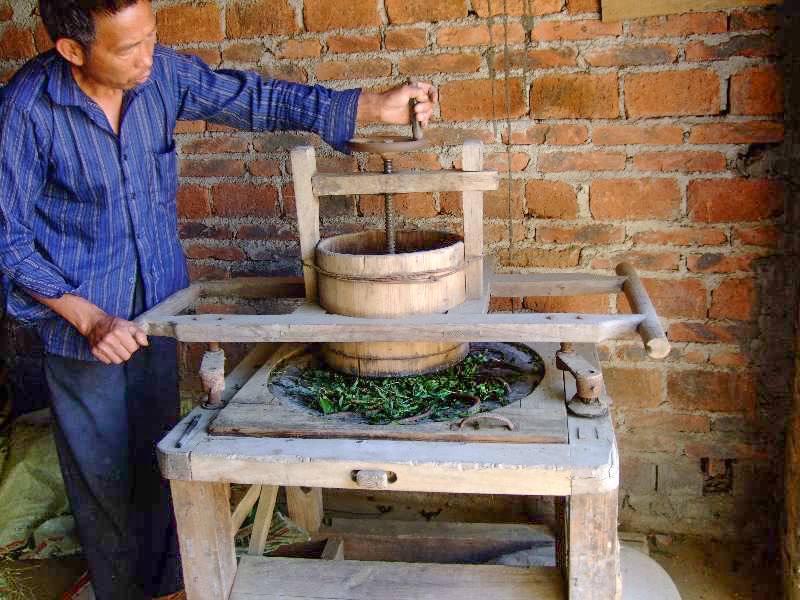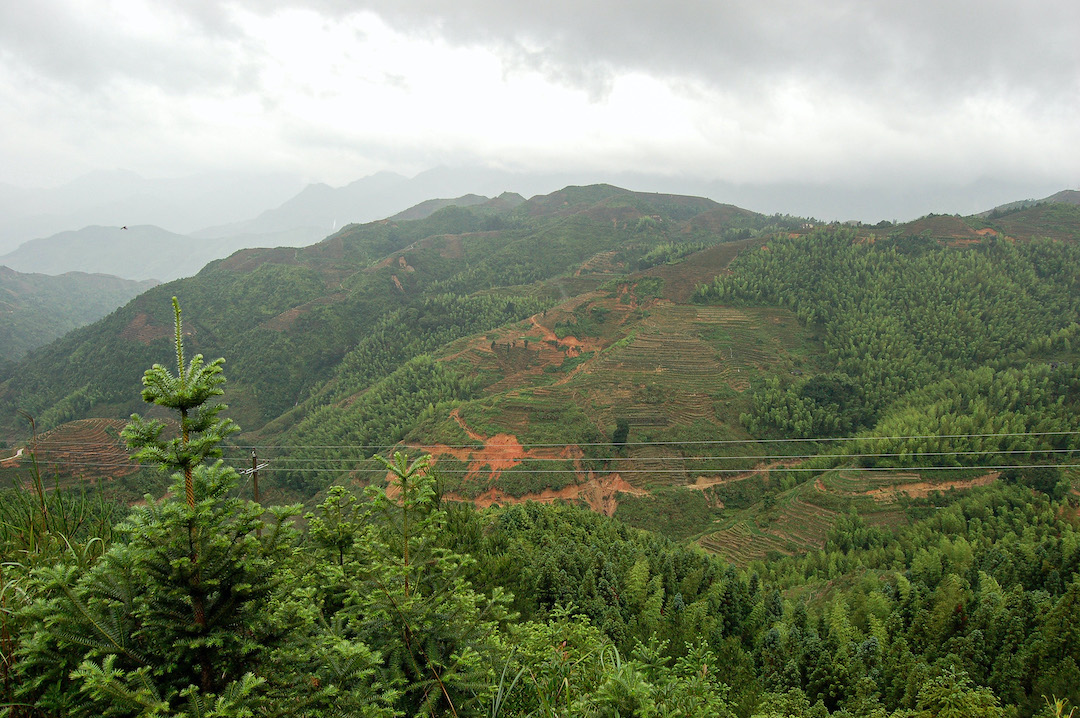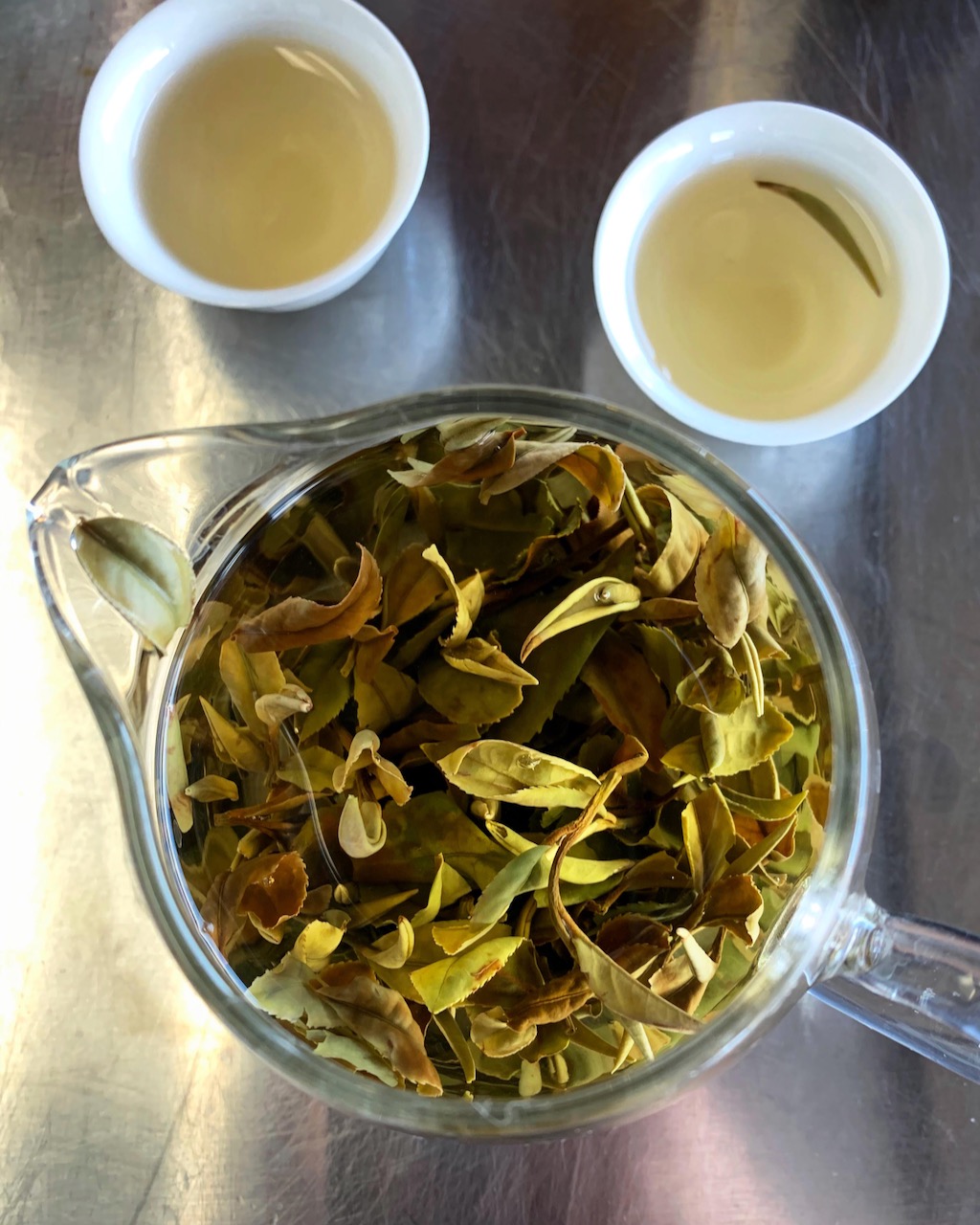Newsletter Archive July 1, 2021

Where is the hardest place to source tea in China? If you ask us, it’s Anxi County, Fujian.
A bundle of teas from this challenging provenance just arrived, including the much-anticipated Tieguanyin White Tea and the first Anxi Wulongs of the year, Golden Guanyin and Monkey Picked. This weekend you can get our entire stock of Anxi Wulong for 20% off. Note that these teas arrived in a small delivery and we may sell out quickly. If we do, please be assured that more is on the way in a few weeks.
Anxi is the home of the famous Tieguanyin wulong. It’s not that finding tea called “Tieguanyin” in Anxi is a challenge — you’d be hard-pressed to avoid it, even. Your problems start if you’re trying to find Tieguanyin from the original Tieguanyin cultivar. Your problems get even worse if you’re trying to find it clean from overspray of pesticides.
The locals of Anxi are well aware of Tieguanyin’s prestige, and the more populated parts of Anxi grow this tea abundantly from high-yielding tea bush varieties in high-density clusters of small-holders. Unfortunately that makes it hard to avoid drift from anything your neighbor is spraying on their bushes.
In the early 2000s, when Austin and Zhuping were scouting for a quality source of Tieguanyin, even the government authorities who were responsible for promoting Chinese tea cautioned Austin about these challenges in Anxi. Their advice? If you want the good stuff, you’ve got to go to the edges of the county, go deeper into the mountains.

That’s when Austin connected with Zhang Qingmu, the son of a family of tea makers growing and processing tea on the northwestern edge of Anxi. Removed from the high-density center of the county, the Zhang family homestead makes tea from true Tieguanyin bushes grown in virgin soil, their leaves made sweet in the cool mountain air above 900 meters. The virtues of this isolated place are also its obstacles. When you’re this far out, it’s hard to get in and hard to get out.
The first time getting to the Zhang Family farm, Austin found himself on a four hour drive, knees-to-dashboard in a small car going up unpaved roads. The route might have been shorter, except it was the first time Mr. Zhang had traveled in or out of the village in a private car himself and the two got lost on the winding mountain roads.
Austin would have to get help from a bone setter before he could recover from this trip, but he came out of it with the Anxi wulong he was looking for, and we’re proud to be able to bring you the real thing.
Traveling from the county seat of Quanzhou, a trip to the Zhang family’s village laid clear the stark rural-urban divide. Today it remains a difficult place to access, and still its locals endure limited access to education and healthcare. There is also the challenge of getting their teas to market. A remote spot might make great tea, but life there is not easy.
Seven Cups has bought its Tieguanyin teas from the Zhang family since 2008. When buying this tea, we never argue over the price. The price the Zhang family sets is what we pay. It’s always been worth it.

